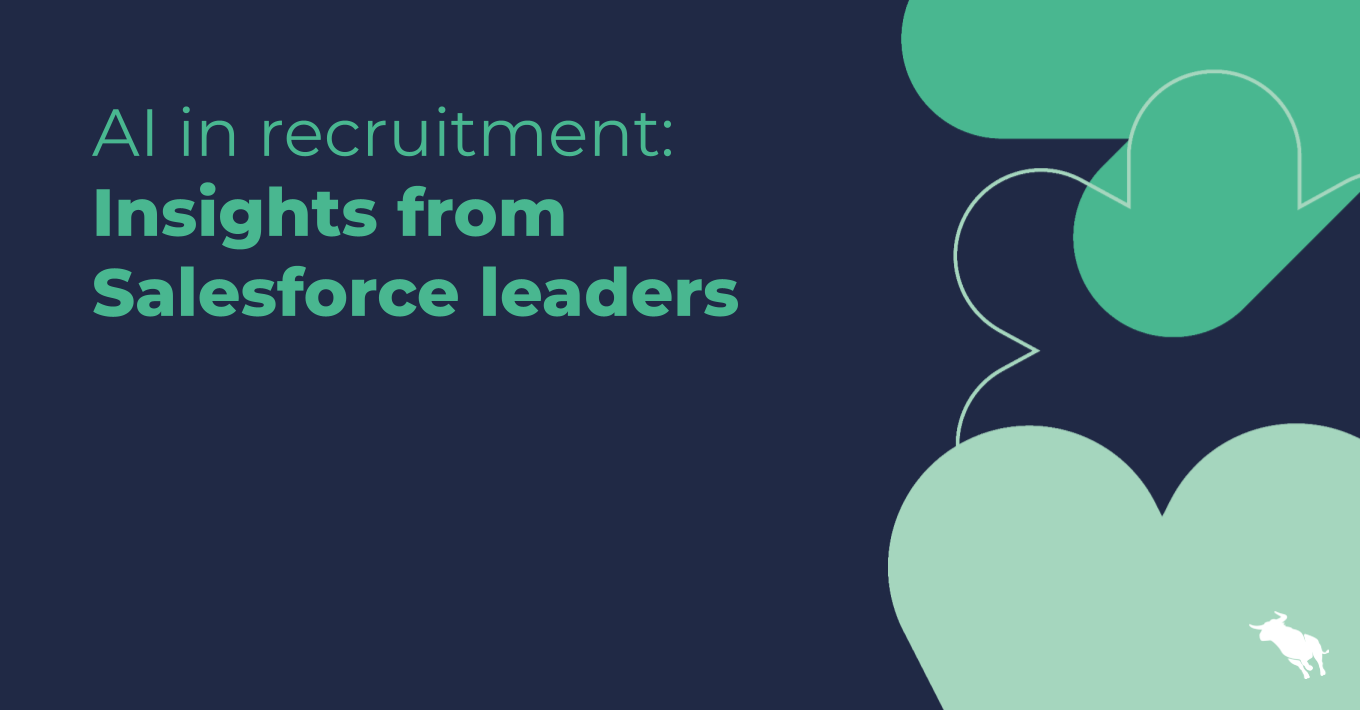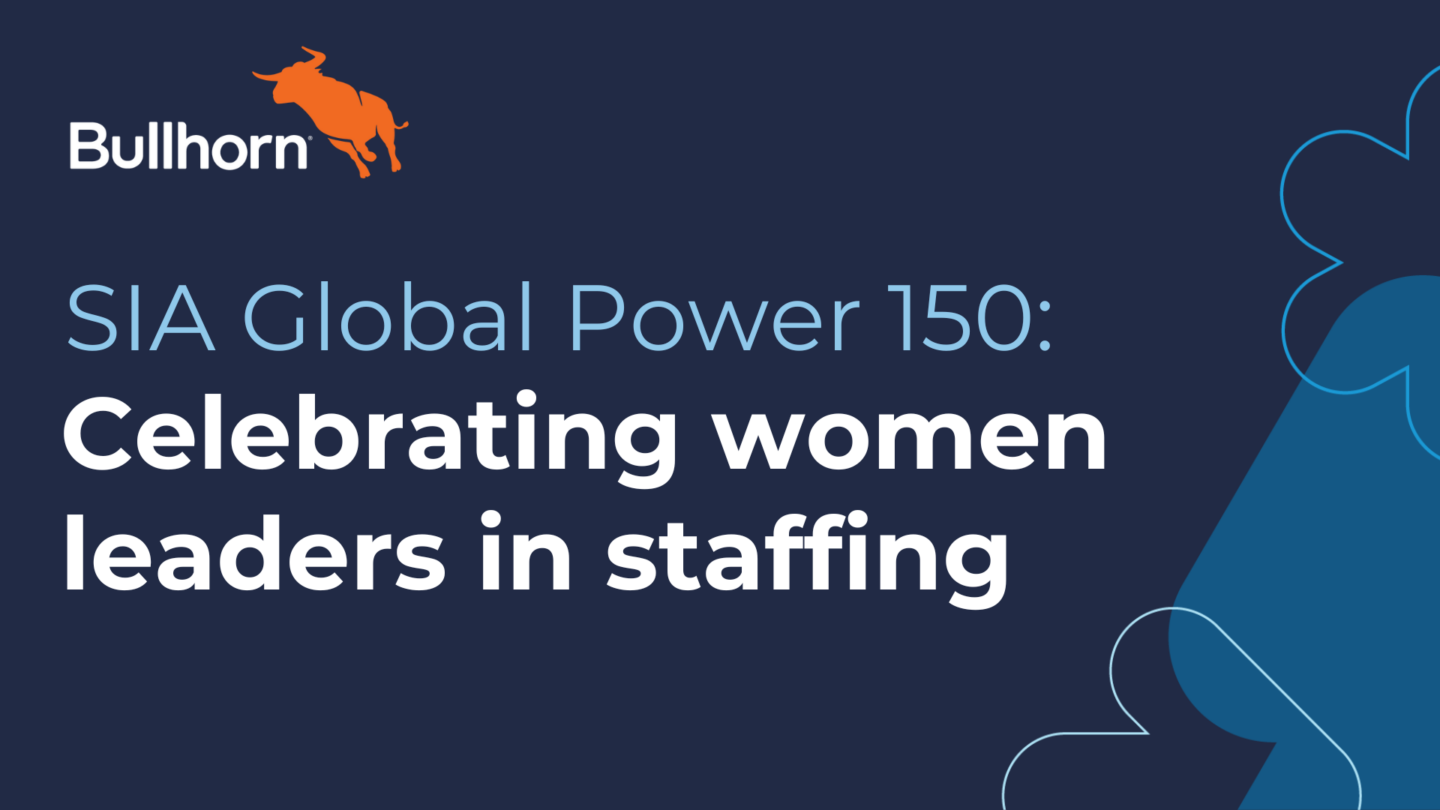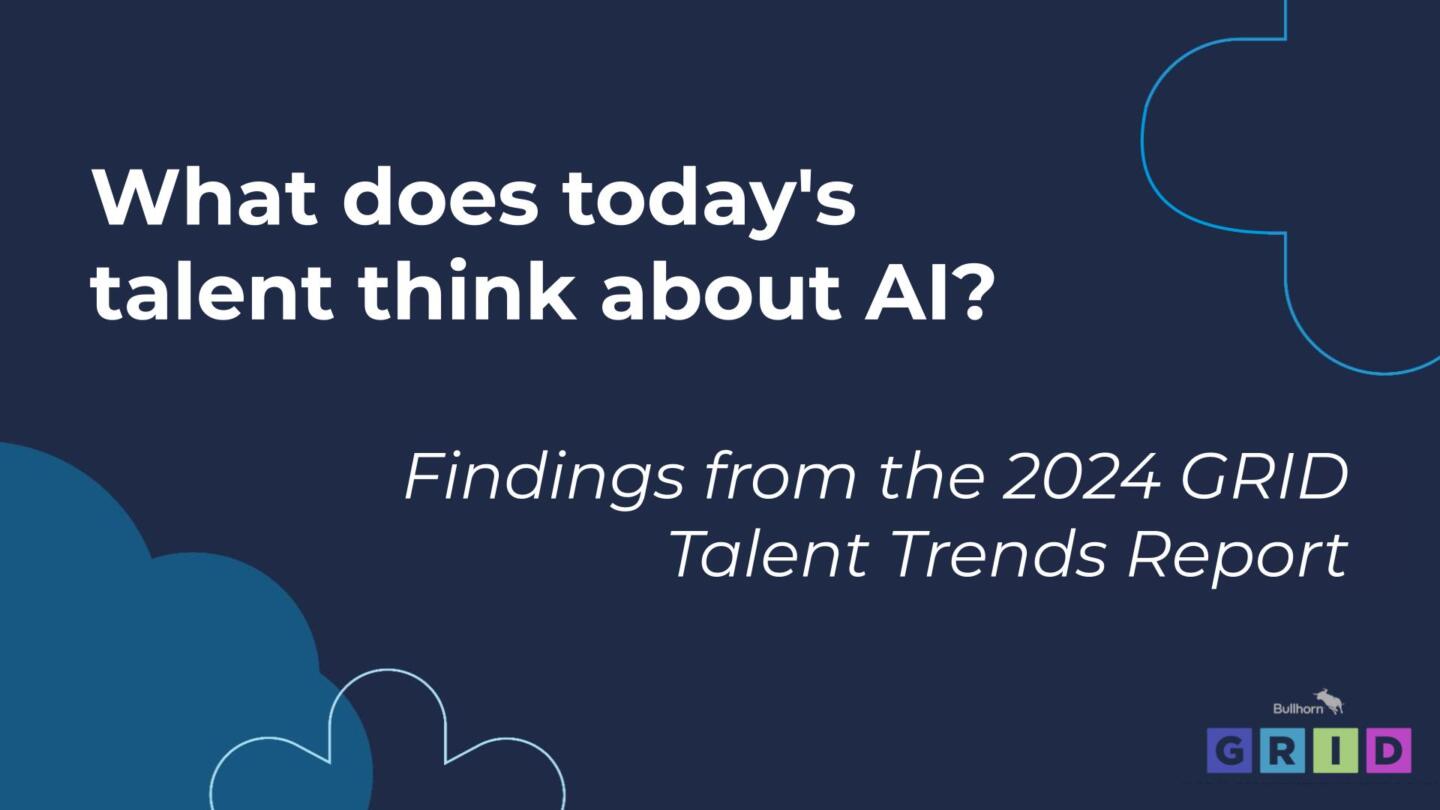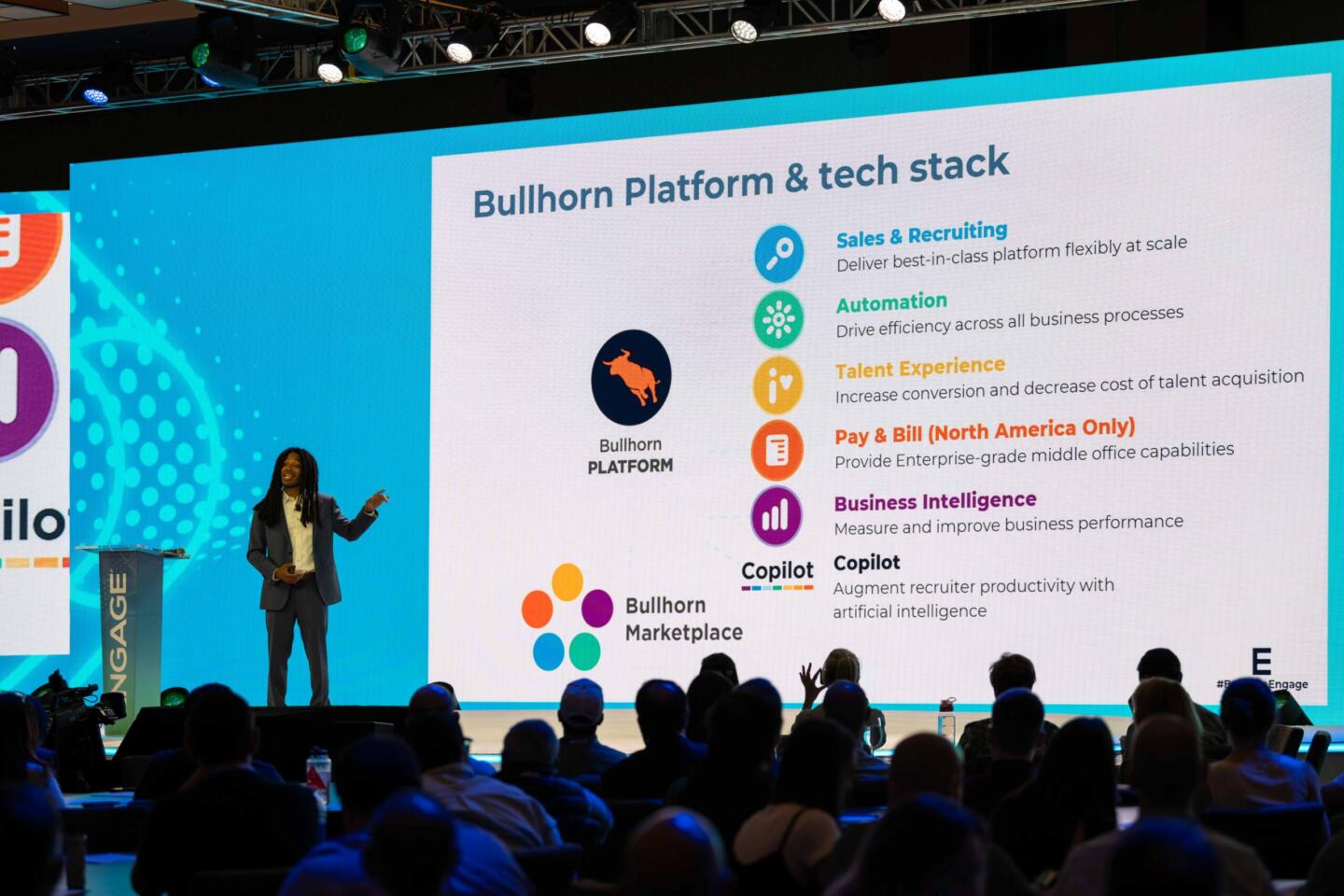Reflection: We’re Adapting to the New Normal So What is Here to Stay?

Since the announcement was made that all businesses in Australia, where possible, should work from home, Bullhorn have been hosting virtual round table events with executive leaders of some of Australia’s top recruitment agencies. We have discussed the challenges these agencies have faced due to COVID-19 restrictions and the strategies they have used to overcome them.
In the business world, we are often creatures of habit and resistant to change. We know what works well for our businesses and our staff. Post the first round table I explained that “adapting to change is definitely easier said than done, especially when no one has experienced a health crisis quite like this in their lifetime”. One month later, upon reflection, I feel confident in saying that change doesn’t have to be difficult, and when forced into unprecedented circumstances it’s possible to adapt quickly, if we are open to doing so or our survival depends on it. Not only this however, we may even find new ways of working that are more productive and satisfactory than the past.
When discussing with the executive leaders how their teams had adapted to the new world of working, the group concurred that although at first remote working felt unusual, it has quickly become the new norm. Recruiters are being resilient and trying to do whatever they can to adapt to this new style of work. Ryan Carroll from Airswift said, “it feels like we are so far into working from home now that it has become the new normal. No longer is it a battle we are trying to overcome, rather we are now focused on setting clear and concise tasks for our staff in order to make sure we continue to be productive. What felt so strange and unusual before has quickly become the new norm”.
Since the shift to working from home has taken place, we have certainly seen the lines between personal and work life blurr. Prior to COVID-19 having your child interrupt a conference call, the dog barking in the background or a housemate or partner wondering past the screen would have been seen to be highly unprofessional. It now feels all part of the parcel of the remote work/life balance. It enables us to acknowledge and embrace the fact that people do have lives outside of work and is an adjustment to work culture. Tania Sinibaldi from Brunel explained that over the past few weeks she has met with many of her employees children over video chat, “I have been giving the kids fun jobs such as colouring competitions to make them feel involved. It gives them something to focus on whilst their parents get some work done and gives them an opportunity to learn about what their parents do”.
Technology Adoption
Adapting to remote working has certainly been made easier for the recruiters whose agencies had the technologies in place, allowing them to transition easily from the office to home. In a sink or swim situation, some companies have undergone serious digital transformation in an extremely short period of time in order to stay afloat.
One month ago, many of these executive leaders discussed different tools they had been using to create collaboration among their teams, with Zoom and Teams playing a major role in many of these businesses. David Hassan from Hudson explained how the business’ use of Zoom had “quadrupled” throughout this time and how it has played such an important role in connecting people both internally and externally, “any resistance we had to making technology changes in the past has disappeared for both ourselves and our clients”. On reflection, one month later, the executives in attendance explained their staff are still embracing the technology journey, having fun with these new tools and constantly looking for new ways to get more out of them.
With the inability for face to face interviews to take place, video interviewing software usage has increased dramatically throughout this time. Ryan McCabe, CEO at video technology platform and Bullhorn Marketplace Partners, Odro has seen the number of one-way interviews being sent out is up 111% and live room usage has risen over 1500%, as people no longer have the luxury to meet in person.
One of the biggest hiring challenges, which concerned over 80 percent of agency owners who were surveyed in Bullhorns 2020 GRID report, was the ‘skills shortage in this region’. Fast forward four months and agencies such as Adecco are seeing a 300% increase on applications to job vacancies. Kelly Van Nelson from Adecco said “the only way we can handle this increase in applications is by using chatbots for pre-screening” We are now seeing a candidate rich market and now more than ever agencies need to set themselves up to be able to deal with the influx of applications, build candidate relationships and manage candidate expectations.
As we see the flattening of the virus curve in Australia, businesses feel hopeful that within the next few months offices may be open once again. We put the following question to the group: Since the adoption of a new style of work, what will you continue to move forward with once we are able to go back into the office?
One of the main sentiments to this question was that recruiters have adapted so well to remote working that these executive leaders feel this will be something their staff will want to have the ability to do moving forward. Ian Tyler from Talent International felt “working from home will now be an expectation from staff” and no longer a luxury. “Enforced remote working has seen the mindset of leaders shift, and that we can certainly trust staff to work from home” Tania added. She felt that businesses will remain leaner moving forward. The group also discussed the need for such large city based offices and many felt this will change over time. Many businesses will move to smaller locations with hotdesks to accommodate that staff may not be in the offices 100 percent of their week.
Looking for more insights from recruitment leaders on their strategies during this time? Check out the key learnings from a past virtual roundtable event here.

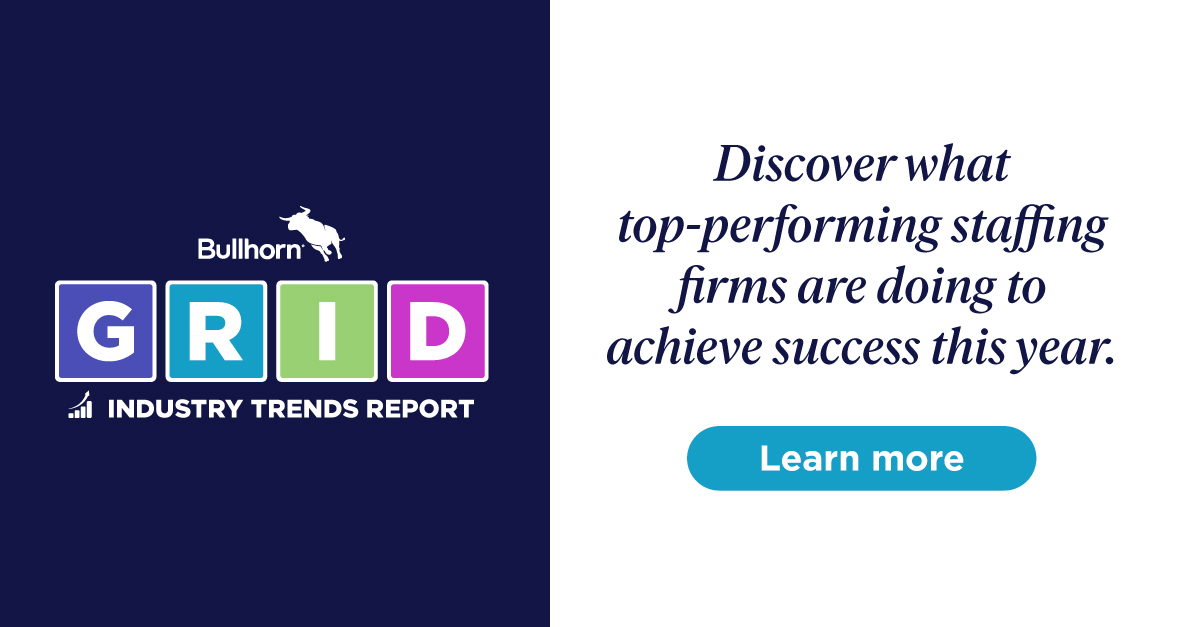
 Bullhorn’s marketplace of 100+ pre-integrated technology partners gives recruitment agencies the tools they need to build a unique, future-proof solution.
Bullhorn’s marketplace of 100+ pre-integrated technology partners gives recruitment agencies the tools they need to build a unique, future-proof solution.
